Peoples Democratic Party (PDP) announced its decision to initiate legal action against Delta State Governor Sheriff Oborevwori and other elected officials who defected to the All Progressives Congress (APC), aiming to reclaim what the party considers its stolen mandate. The resolution came after a six-hour National Working Committee (NWC) meeting in Abuja, prompted by the mass defection of Oborevwori, his deputy Monday Onyeme, former Governor Ifeanyi Okowa, and the entire PDP structure in Delta State to the APC on April 28, 2025. The defectors were formally received by Vice President Kashim Shettima and APC National Chairman Abdullahi Ganduje in Asaba.
Acting National Chairman Ilyas Damagum, addressing reporters post-meeting, emphasized the party’s resolve to hold defectors accountable, stating that the lawsuit is intended to deter future betrayals and uphold political accountability. The NWC also directed the expulsion of party chiefs openly aligning with the APC and adopted the PDP Governors’ Forum resolutions from their April 14 meeting in Ibadan. These include scheduling the National Executive Committee (NEC) meeting for May 27, 2025, and the national convention for August 28–30, 2025, in Kano, alongside forming a Zoning Committee to address party office allocations.
Senate Minority Leader Abba Moro (PDP, Benue South), speaking on a television program, endorsed the legal action, describing the defections as “reprehensible” and a moral betrayal, particularly highlighting Okowa’s role as a former senator, governor, and PDP vice-presidential candidate in 2023. Moro criticized Okowa’s failure to deliver Delta State for the PDP in the presidential election and his subsequent regret over his candidacy as “uncharitable,” suggesting his disloyalty undermined the party’s performance. He argued that the legal action reinforces the principle that elected officials cannot abandon their platform without consequences.
The PDP also rejected Samuel Anyanwu and Monday Udeh-Okoye as claimants to the National Secretary position, appointing Assistant National Secretary Setonji Koshoedo to act until a substantive secretary is elected at the convention. In Delta, the PDP state secretariat in Asaba was reported desolate, with speculations that it may soon be rebranded with APC colors. To stabilize the party locally, a caretaker committee led by former state chairman Chief Emmanuel Ogidi will manage operations until new officials are elected.
Moro dismissed concerns about the PDP’s viability, citing its historical dominance and grassroots support as pillars of resilience, despite internal crises and a reduced Senate presence (33 seats compared to APC’s 64). He alleged that some defections, including that of Senator Ned Nwoko, were driven by compromises like committee position offers, lacking principle. While expressing disappointment in former presidential candidate Atiku Abubakar’s limited post-election efforts to unify the party, Moro remained optimistic, asserting that the PDP would reorganize and emerge stronger for the 2027 elections.
The PDP’s actions signal a strategic push to rebuild trust, enforce discipline, and counter the APC’s growing influence in the South-South, particularly after Delta’s political shift. The legal battle and planned reforms underscore the party’s determination to reclaim its foothold and maintain relevance in Nigeria’s dynamic political landscape. Nigerians await the outcomes of these developments as the PDP seeks to galvanize its base and challenge the ruling party’s dominance.



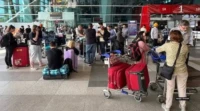
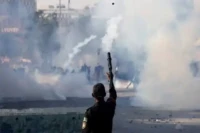
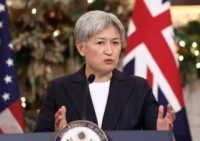
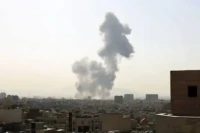


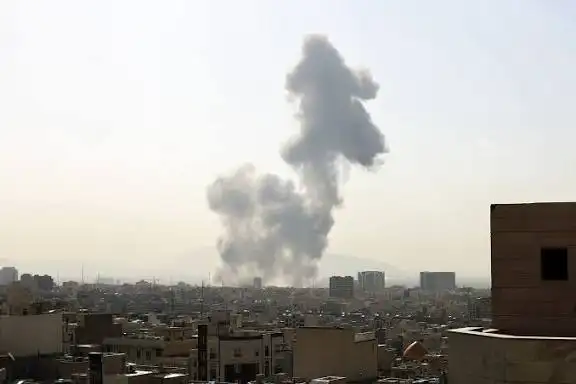
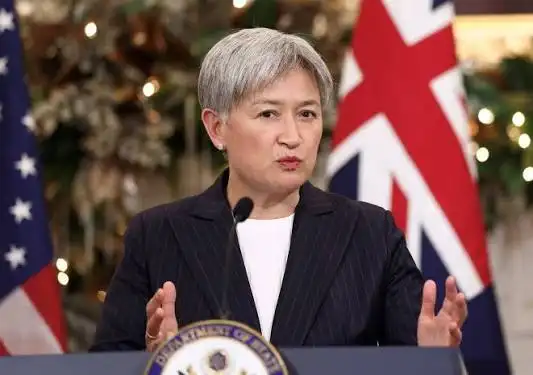
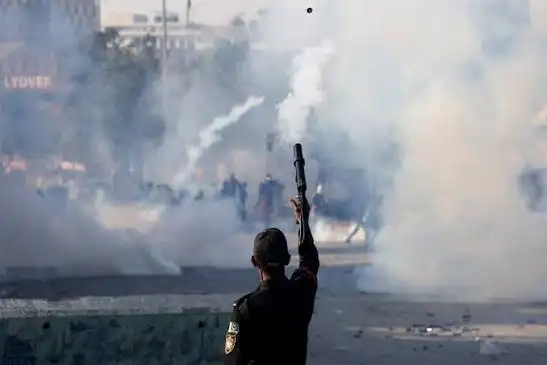
I wonder if this lawsuit will really lead to party reforms or just more drama. Exciting times ahead!
I think the PDPs decision to sue the Delta Governor and defectors is a bold move, but will it really lead to party reforms?
Is suing defectors really the best way to signal party reforms? Seems like a drastic move. What do you think?
I think PDP should focus on uniting members instead of suing. Reforms are good, but unity is key. Lets see how this plays out.
This is just political drama! Why cant they focus on real issues instead of suing each other? Its exhausting!
Do you think PDPs lawsuit against Delta Governor is a necessary move or just political drama? Lets discuss!
Is PDP really serious about these lawsuits or is it just political theater? What do you think? 🤔
Is this the beginning of a political showdown or just another move in the game of power? Let the lawsuits begin!